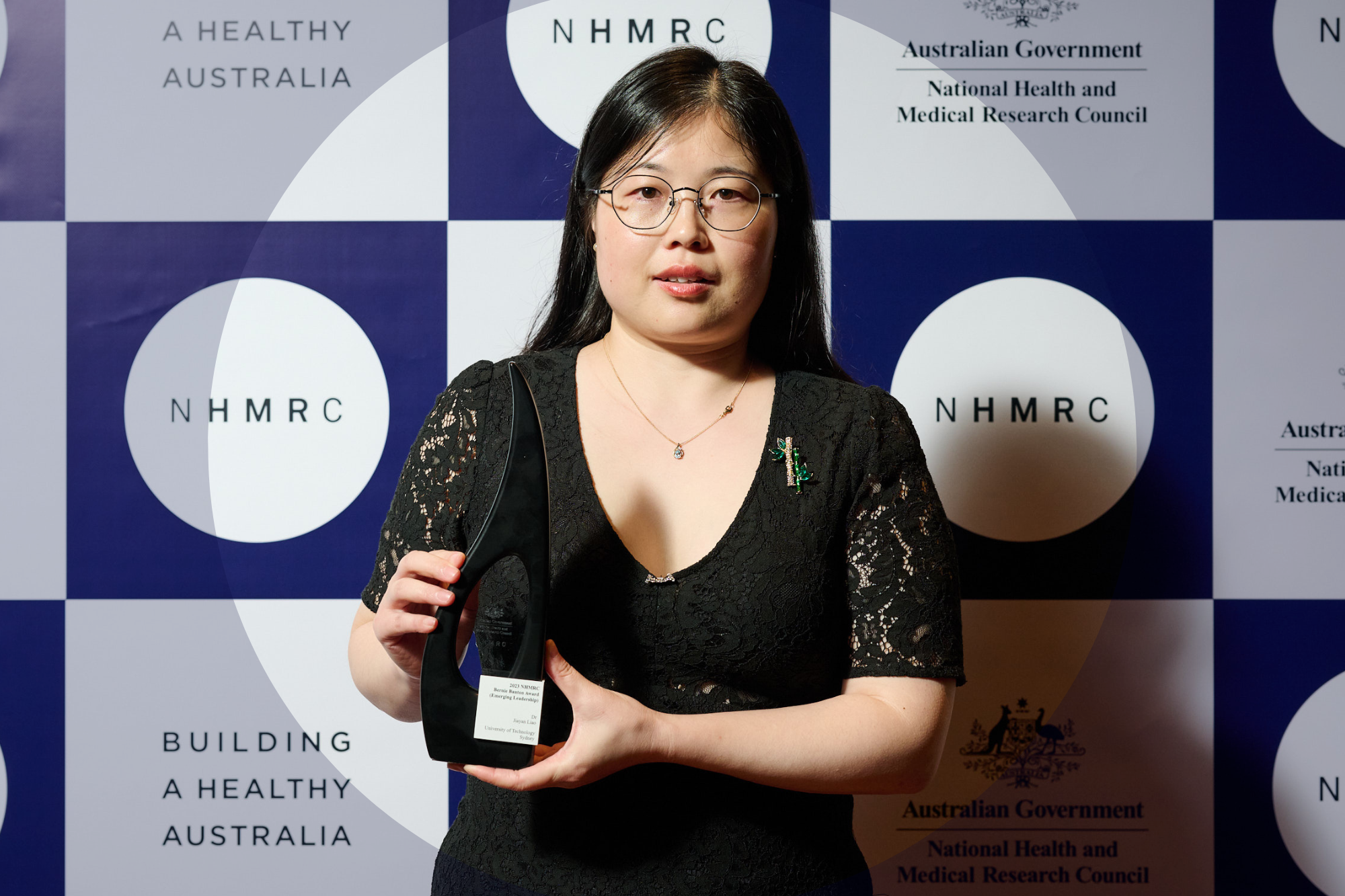Dr Jiayan Liao is a dedicated researcher specialising in the field of nanotechnology, nanomedicine, biomedical engineering, and their applications in medical diagnostics. Dr Liao’s research focuses on developing innovative diagnostic tools for early cancer detection, leveraging photonics, fluorescent nanoprobes, and artificial intelligence for precise detection of single-molecule biomarkers in diseases and cancers. Dr Liao is contributing to the advancement of diagnostic methodologies and technologies, aiming for non-invasive, early detection methods to improve patient outcomes.
With over a decade of experience in laboratory research, I specialise in nanotechnology, photonics, nanomedicine, and their applications. Since commencing my PhD in Australia in 2016, I have been exploring how my work could significantly impact lives by advancing nanotechnology-based next-generation bioanalytical and imaging tools, as well as pioneering detection techniques.
The loss of my best friend’s father to cancer in 2020, despite extensive chemotherapy, deeply influenced my direction towards developing non-invasive, early disease detection technologies.
My endeavours are centred on leveraging photonics and nanotechnology to create analytical, diagnostic, and imaging devices capable of identifying single-molecule biomarkers for various diseases.
The focus of my research is leveraging the unique properties of fluorescent nanoscopic probes to develop a groundbreaking point-of-care testing system. This system is designed for the ultra-sensitive detection of oligo biomarkers, aiming to promote early disease detection.
This innovative approach, integrating a library of nanoprobes with artificial intelligence, aims to identify single mesothelioma microRNA biomarkers. It promises to facilitate earlier, more reliable cancer diagnoses and improved patient outcomes.
The potential broader impact of this program is substantial, extending beyond mesothelioma to the detection of various cancers and other diseases. As a researcher, I am driven by the hope that my research will push cancer diagnostics, offering accessible, less invasive, and scalable solutions.
Especially beneficial for those in remote or underprivileged regions, I hope this technology will democratise health access by detecting cancers and other diseases at their earliest stages, improving survival rates and reducing the global disease burden.
I chose this area of research out of a fascination with nanotechnology’s evolving potential and a deep desire to contribute tangible solutions to pressing health challenges. Having witnessed the challenges faced by late-stage cancer patients, I am motivated to contribute to a world where cancer can be detected and treated at its inception.
The profound impact that early and accurate detection can have on treatment success and patient survival. My journey began with a curiosity about how the smallest particles could solve some of the most significant health problems, pushing me to explore and innovate in the realms of nanotechnology. The more I learned about the potential of nanoprobes and nanotechnology in biomarker detection, the more committed I became to pursuing this path.
I hope to remain passionate, be persistent, and embrace collaboration, building my expertise and deeply understanding of the vast potential of nanotechnology in medical diagnostics. It's an exciting time to be in this field, and I look forward to contributing further to its advancement and the global effort in building a healthier future. The road is long and often challenging, but the potential to improve lives and contribute to a healthier world is an unmatched reward.
Receiving the NHMRC 2023 Research Excellence Award is a moment of pride and a significant milestone in my research journey.
It represents a collective pursuit towards a future where innovative technologies lead to better health outcomes for all. It’s a catalyst that will propel my team and me to continue pushing the boundaries of what is possible in cancer diagnostics and beyond.

